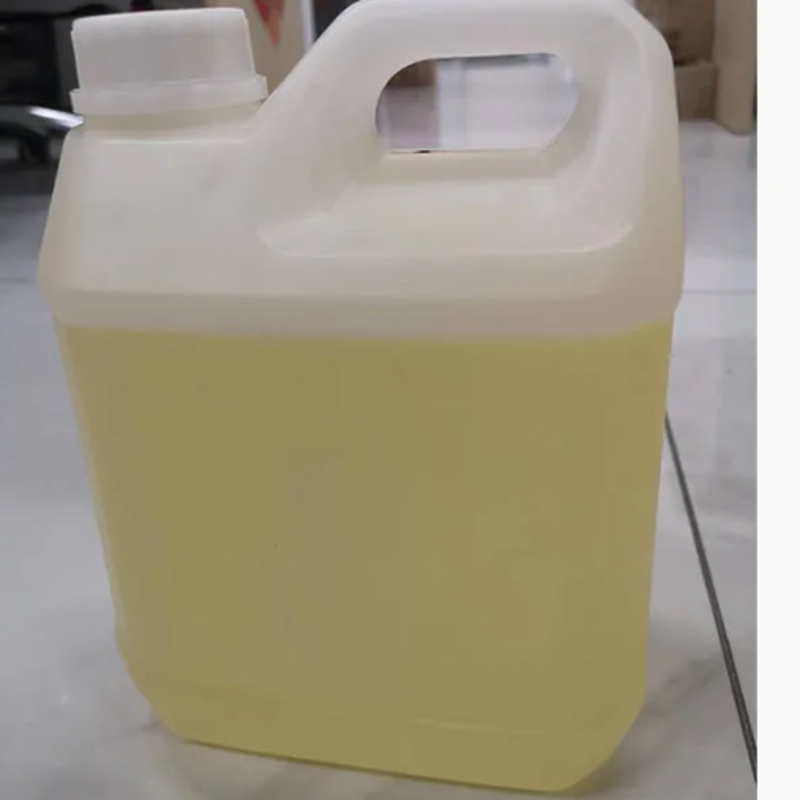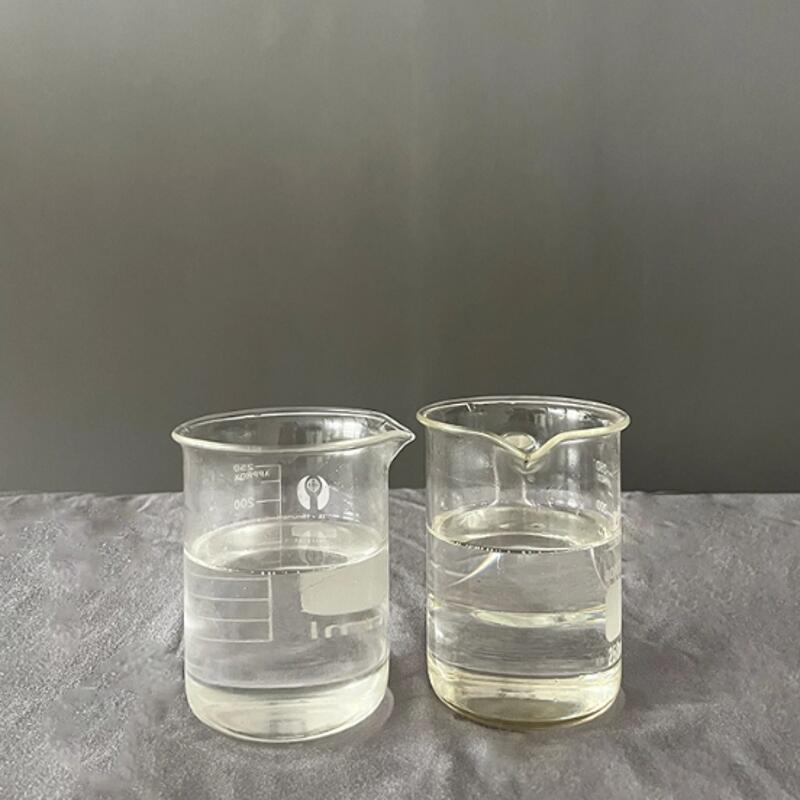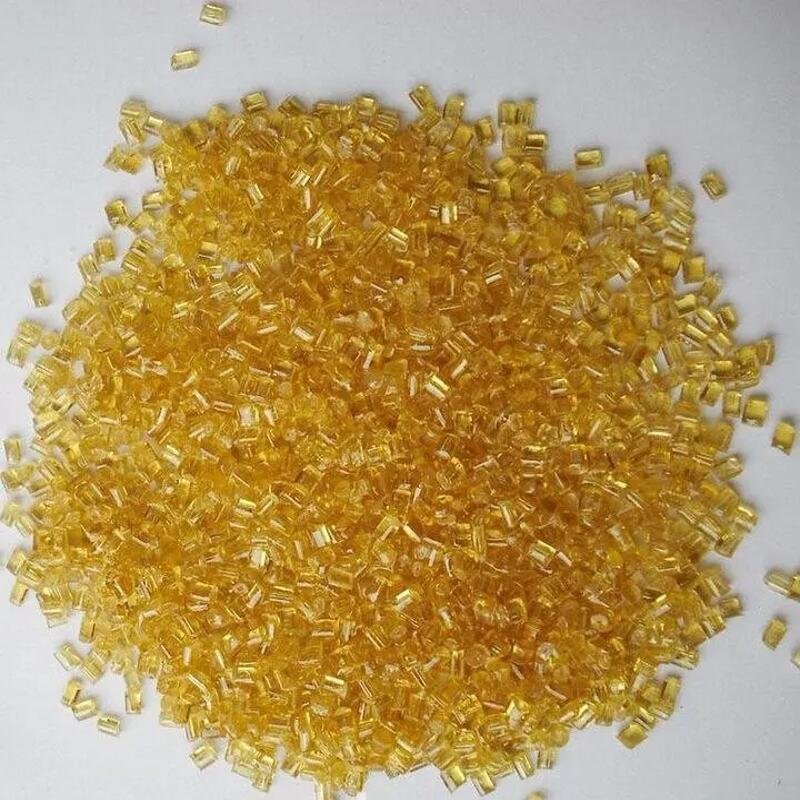-
Categories
-
Pharmaceutical Intermediates
-
Active Pharmaceutical Ingredients
-
Food Additives
- Industrial Coatings
- Agrochemicals
- Dyes and Pigments
- Surfactant
- Flavors and Fragrances
- Chemical Reagents
- Catalyst and Auxiliary
- Natural Products
- Inorganic Chemistry
-
Organic Chemistry
-
Biochemical Engineering
- Analytical Chemistry
-
Cosmetic Ingredient
- Water Treatment Chemical
-
Pharmaceutical Intermediates
Promotion
ECHEMI Mall
Wholesale
Weekly Price
Exhibition
News
-
Trade Service
On February 3, Ruifeng High-tech announced that the company plans to invest no more than 230 million yuan to build a biodegradable polymer material PBAT (Phase II) project with an annual output of 60,000 tons
.
The announcement shows that the project is located in the chemical industry park of Yiyuan County, Zibo (the new factory area of Dongling Road Company, Economic Development Zone, Yiyuan County, Zibo City, Shandong Province).
The raw material tank farm, storage facilities and some auxiliary facilities of the project with an annual output of 60,000 tons of PBAT (Phase I), so the investment amount and investment cycle of this investment and construction project are compared with the company's current annual output of 60,000 tons of PBAT Phase I.
Items have been reduced and shortened
.
Ruifeng Gaocai said that based on its optimism about the long-term development of the biodegradable material industry, and based on the company's mastery of the relatively mature process technology of PBAT products, the construction of the second phase of 60,000 tons of PBAT products already has a policy basis, market basis and technical basis
.
However, it is worth noting that this project is different from the company's PBAT project with an annual output of 300,000 tons last year.
On October 24, 2020, the company and Shanghai Juyou Chemical Co.
, Ltd.
reached a preliminary cooperation intention on the PBAT project with an annual output of 300,000 tons of biodegradable polymer materials (hereinafter referred to as "the PBAT project with an annual output of 300,000 tons")
.
The second phase of the project with an annual output of 60,000 tons of PBAT is an independent project, not a part of the 300,000-ton annual PBAT project
.







